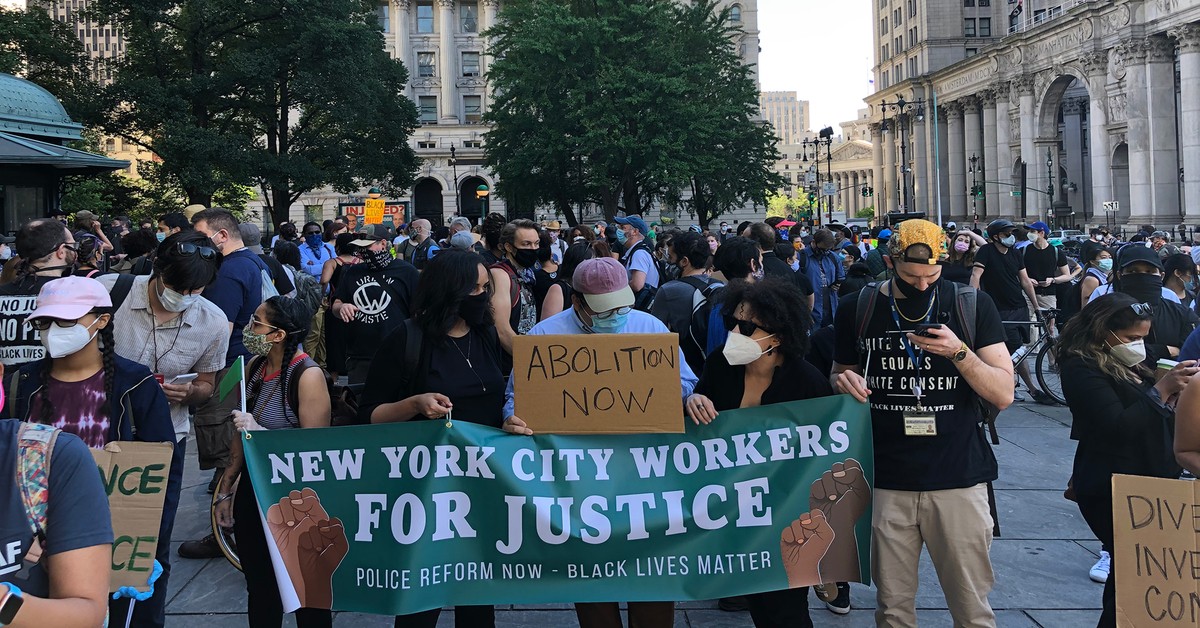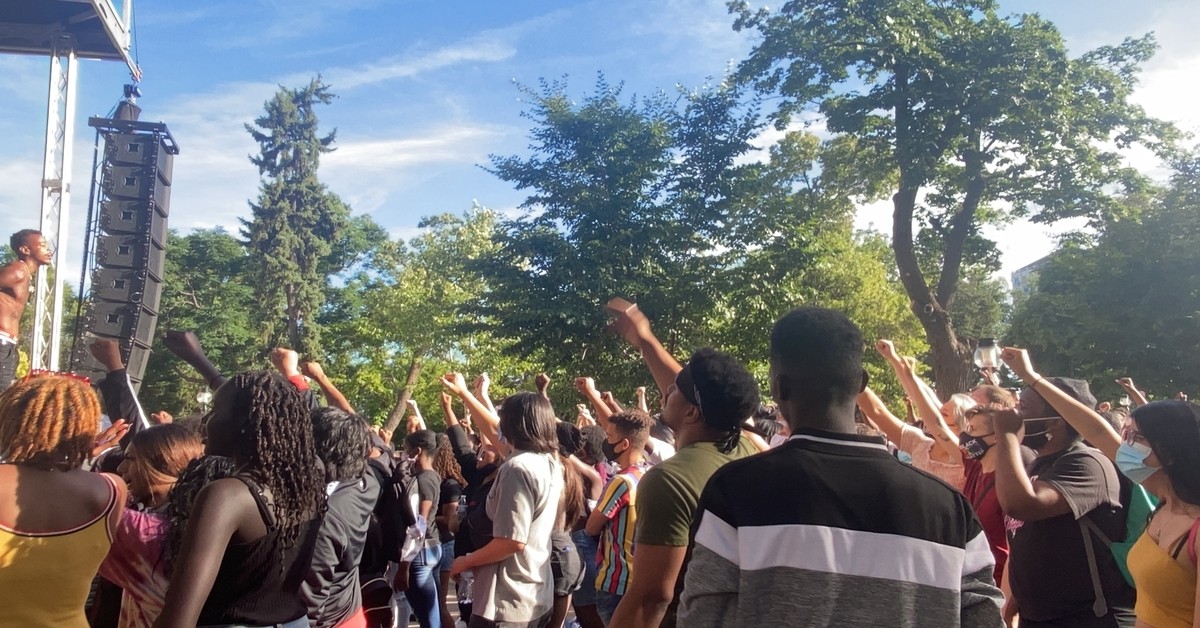The police officer accused of killing George Floyd, Derek Chauvin, was released on Wednesday from a Minnesota jail. Chauvin was released after posting a million-dollar bond, according to court documents.
Chauvin, the 44-year-old former officer who was seen pressing his knee to Floyd’s neck for nearly nine minutes, is facing multiple charges. Come March, he will be on trial for second and third-degree murder, and manslaughter.
The Hennepin County Sheriff’s Office published a notice of his release after Chauvin spent more than four months in jail. Despite no longer being confined by jail walls, Chauvin is still awaiting trial and must remain in Minnesota until then.
Chauvin’s trial is set to start on March 8, 2021, at 9 a.m. Come March, his former colleagues — Alexander Kueng, Thomas Lane, and Tou Thao — will also be on trial for charges surrounding Floyd’s death.
Since his release, neither Chauvin nor his attorney has commented on him making bail. However, after posting bail, he must remain in the state unless he is granted written permission from the court. In addition, he also cannot be in contact with the Floyd family and is prohibited from possessing or receiving firearms and ammunition.
On the contrary, Civil Rights Attorney Ben Crump, a lawyer for the Floyd family, did let his voice be heard in regard to Chauvin’s release.
Chauvin’s arrest, four days after Floyd’s death, contributed to the unrest in Minneapolis for several days. In fact, Floyd’s death sparked protest across the nation.
Since May, Chauvin has been detained in high-security state prison, from which he only emerged on Sept. 11 to appear in court. That day, he appeared along with his co-defendants, Kueng, Lane, and Tou Thao. But, the other three have been released on bail weeks ago after posting bail amounts of $750,000.
The four men called for the charges against them to be dropped, claiming that they had used reasonable force in the face of a resisting man. Outside of Chauvin, the other three officers are charged with being an accessory to murder in the second degree (unpremeditated) and involuntary manslaughter.




